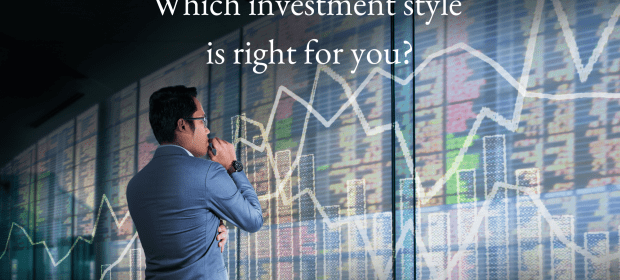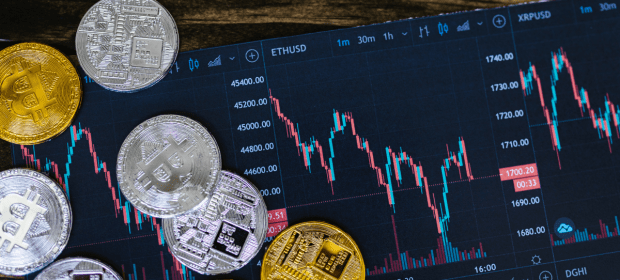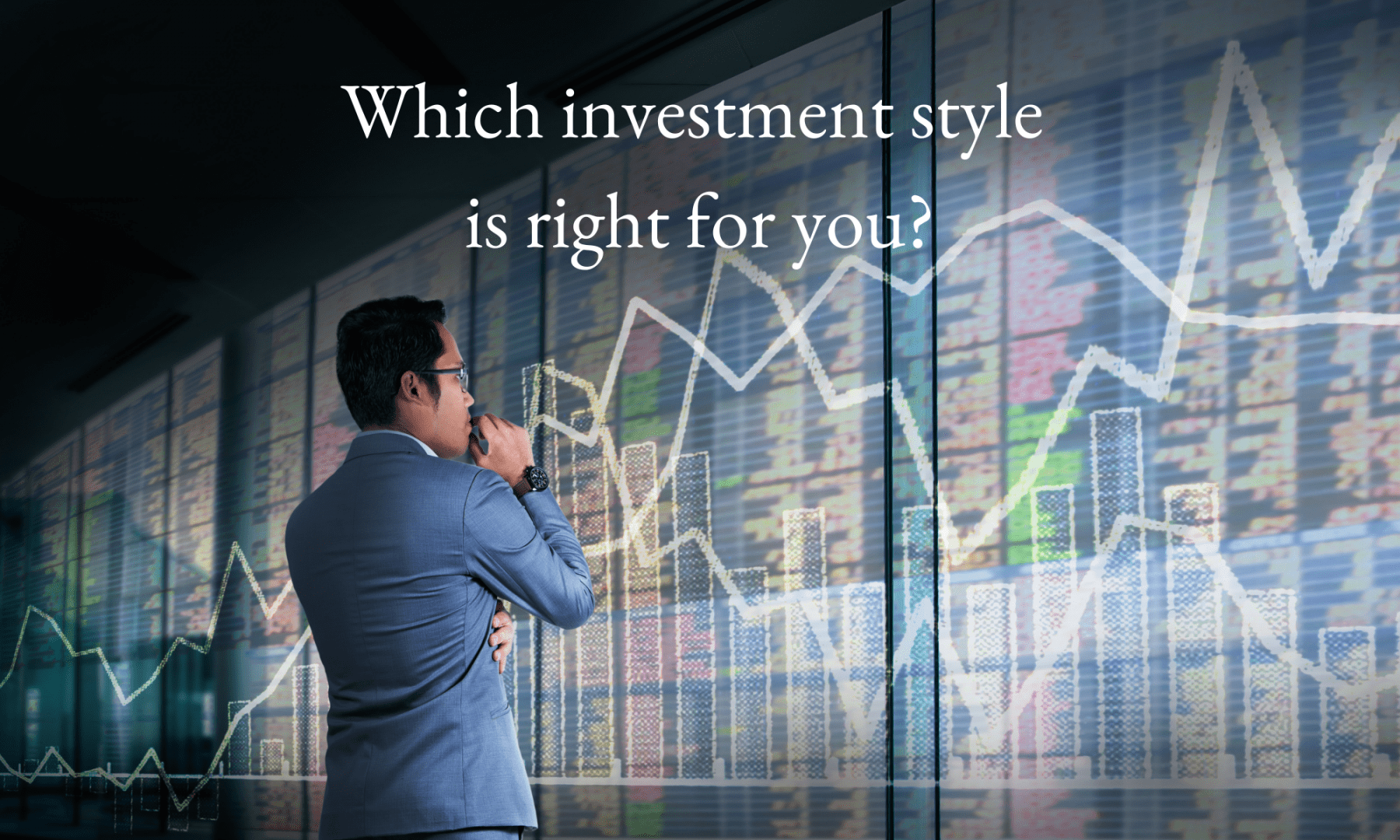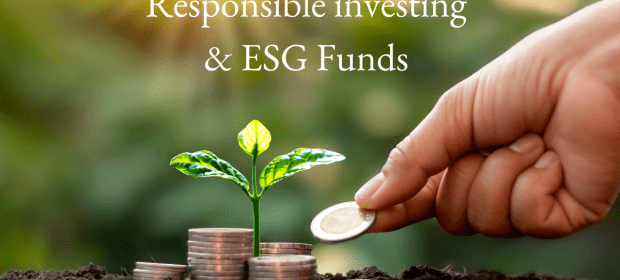A word which seems so simple, a concept that many think they can easily master, but do you fully appreciate what diversification means? If you check the meaning of diversification, you would find that in business terms it is usually the act of varying the range of products or services offered, or broadening the field of operations. In investment terms it has a similar meaning. Diversification involves spreading your money across different assets and asset categories.
Most of the time when people tell me that they are investing and I ask them if they have Investment diversification, I am met with a resounding “Yes, of course”. They then might go on to explain what they invested in and it is usually things which they would have come across on social media or heard about from another “investor”. These portfolios might comprise shares in a few US companies, a couple of US bonds and possibly some cryptocurrency for a touch of risk. Such a portfolio would seem OK to someone who had just begun investing some spare cash, but is it diversified?
Such a portfolio is not really diversified at all, and I will explain why. Starting off with the first part which is an investment in a few different shares. Firstly, they are all from one geographical region, meaning if something dramatic happened in US stock-markets, they would probably all be affected to some extent. Secondly, inexperienced investors often buy shares based on something they have read online or something they have heard from a friend or colleague. These investments are typically in growth stocks, in other words shares in companies which are perceived to have strong earnings potential and growth prospects, but often with a correspondingly high share price. Investing exclusively in this type of company may prove successful but also carries significant risk, as the expectation of highly profitable growth (sometimes reflected in an inflated share price) may not be realised for many years, if at all. This is why it is sometimes sensible to include more mature company shares in a portfolio, or possibly shares in a company paying good and sustainable dividends.



















